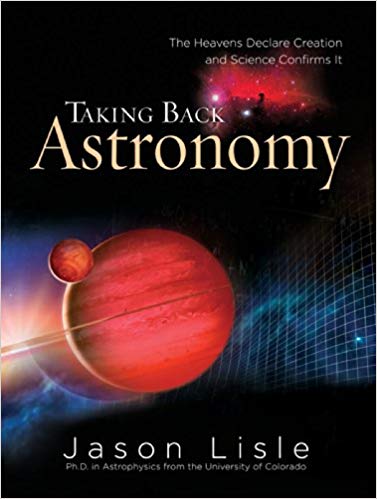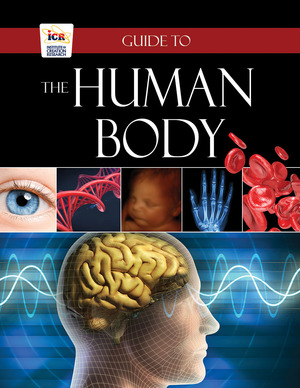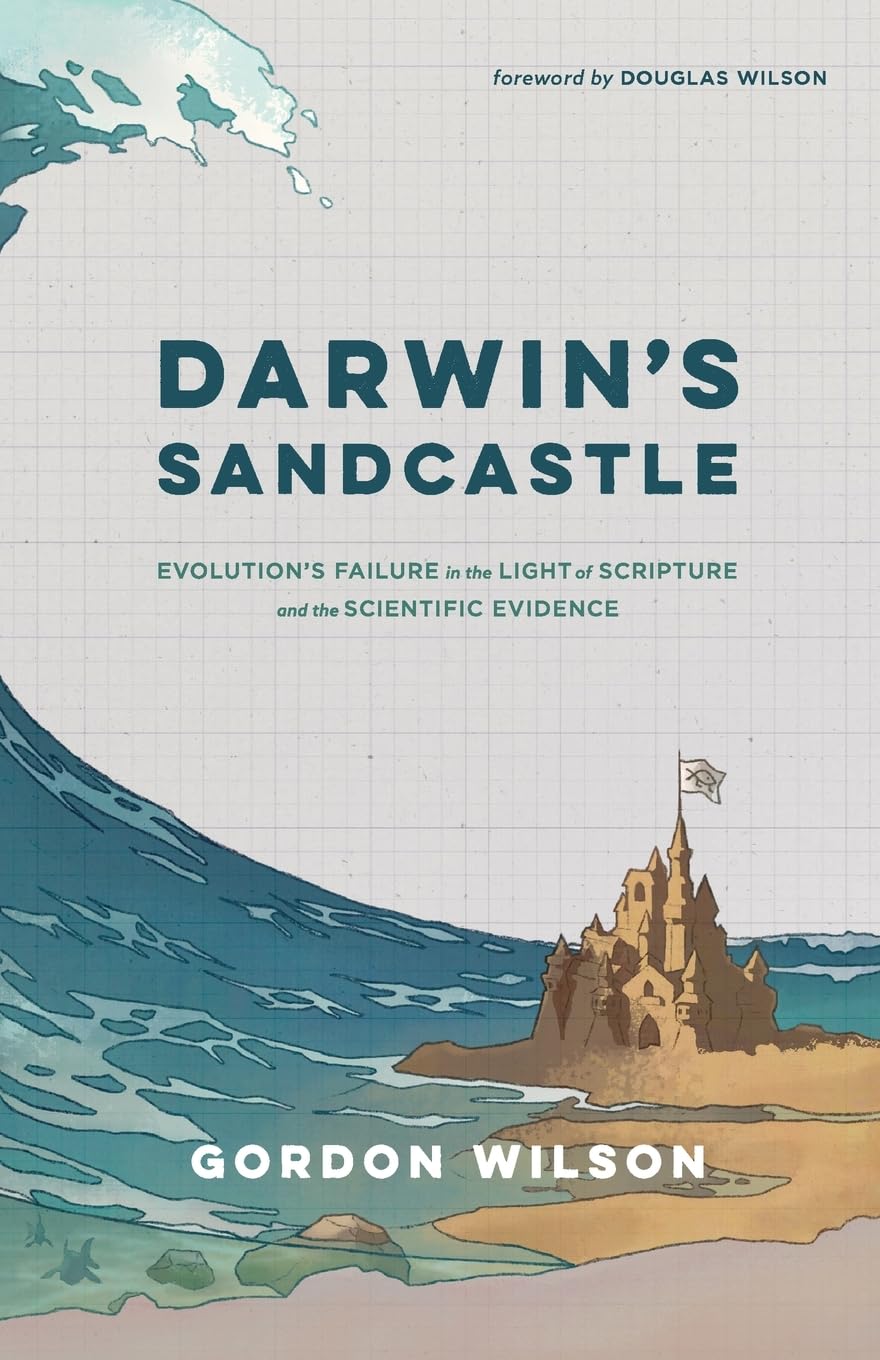With sparkling eyes, the baby on the cover of TIME magazine’s 1997 Special Issue “The Age of Discovery”, is ready to reach out for some fascinating object. The theme is a “celebration of mankind’s exploration of the unknown.” However the issue seems most noteworthy for its atheistic and evolutionary bias. For example, one British author, in describing his boyhood enthusiasm for collecting insects, at the same time confides to us: “The life of those Wiltshire woods and rivers and ponds became, as the comfort of God’s presence drained away, so very much more complex than their romantic and theological past suggested. But at 14, this secular revelation was wildly exciting, a liberation from faith.” (p. 41) For author Redmond O’Hanlon, the joys of observing nature were closely connected to his new found enthusiasm for Darwin, which he began to read at that time.
Another British author, Helena Cronin, is a zoologist and philosopher of science. For explanations and help in dealing with the “human condition”, she recommends that we turn to Darwinism: “Darwinian scientists are beginning to write the owner-occupier’s manual to that hitherto most recondite of mysteries: human nature.” (p. 69) In connection with the insights such studies are uncovering, she reports an appalling lack of moral standards in college students: “Another American study found that, for brief encounters, men (but not women) were willing to drop their standards as low as their trousers, ready to dispense with intelligence, humor, charm, honesty and emotional stability.” (p. 70) Rather than offering solutions to this problem, Dr. Cronin simply explains the situation in evolutionary terms: “Generation after generation, down evolutionary time, natural selection favored the men who strove mightily for mates – the most competitive, risk-taking, opportunistic. We are all the descendants of those winners.” (p. 70) Thus this lady appears to condone a terrible situation. It had an evolutionary use, she says. That is how we are. This kind of attitude is not a help to modern society, sinking in a morass of moral decay. In characterizing such individuals as “winners,” Darwinism makes the situation worse.
Another article in the same issue is written by James Watson, co-discoverer in 1953 with Francis Crick of the helical structure of DNA. Dr. Watson, currently head of the Human Genome Project at Cold Spring Harbor laboratory, entitled his article “Good Gene, Bad Gene” and it is about the “right way to fight the tragedy of genetic disease.” It is scarcely comforting to discover that this man, in a very influential position, advocates “terminating the existence of a genetically disabled fetus.” His reasons for advocating such a solution, are steeped in his evolutionary worldview. As he remarked: “I thus do not see genetic diseases in any way as an expression of the complex will of any supernatural authority, but rather as random tragedies that we should do everything in our power to prevent.” This man has no patience with the idea that there is any such thing as a right to life “I am aware that some will argue that the fetus has an inalienable right to life. But the process of evolution never regards any form of life, be it adult or fetal, as an inalienable right.” (p. 62) Dr. Watson defines humans as social animals with needs, capabilities, and responsibilities. Those that do not fit the definition cannot expect to be included in society.
This is not the first time that evolutionary views have been used to justify the killing not only of unborn babies but also of already born young individuals. Human ecologist Garrett Hardin in an article entitled “Some biological insights into abortion” (1982. BioScience 32 #9) wrote that human life is merely a matter of definition. A society may place the legal or cultural definition of human life anywhere they like. Many societies, he said, have considered the ritual of naming a child to be the defining moment. As a consequence, says Dr. Hardin “this practice permitted the destruction of defective babies without committing the crime of murder.” (p. 724) Thus in the name of Darwinism, society’s willingness to protect human life is being further and further challenged.
A recent article in the New York Times Sunday Magazine (November 2, 1997) was written by evolutionary psychologist Steven Pinker from Massachusetts Institute of Technology. The article is entitled “Why They Kill Their Newborns.” Dr. Pinker states the obvious when he says “It seems obvious that we need a clear boundary to confer personhood on a human being and grant it a right to life.” He continues that the “endless abortion debate shows how hard it is to locate the boundary.” Recent instances of mothers killing newborn babies, he says, force us to examine even the boundary of birth. “To a biologist, birth is as arbitrary a milestone as any other.” To the question what makes a living being a person with the right not to be killed — he answers “the right to life must come …. from morally significant traits that we humans happen to possess. One such trait is having a unique sequence of experiences that defines us as individuals and connects us to other people. Other traits include an ability to reflect upon ourselves as a continuous locus of consciousness ….” He concludes that newborn babies do not possess these characteristics “any more than mice do.” Dr. Pinker therefore suggests that newborn babies are not persons and that the killing of them should be allowed for some interval after birth.
Who would have believed it? Our society in the name of Darwinian science, seems to be sliding into anarchy. Will people soon have to fight for the designation “fully human” ? Will people with unpopular views be refused ‘personhood’? Will it be open season on individuals considered of inferior benefit to the majority? Perhaps the Christian emphasis on the sanctity of all human life may yet provide a bulwark against the chaos to come. We must do our best to discredit these Darwinian attitudes.
Margaret Helder
February 1998
Subscribe to Dialogue







